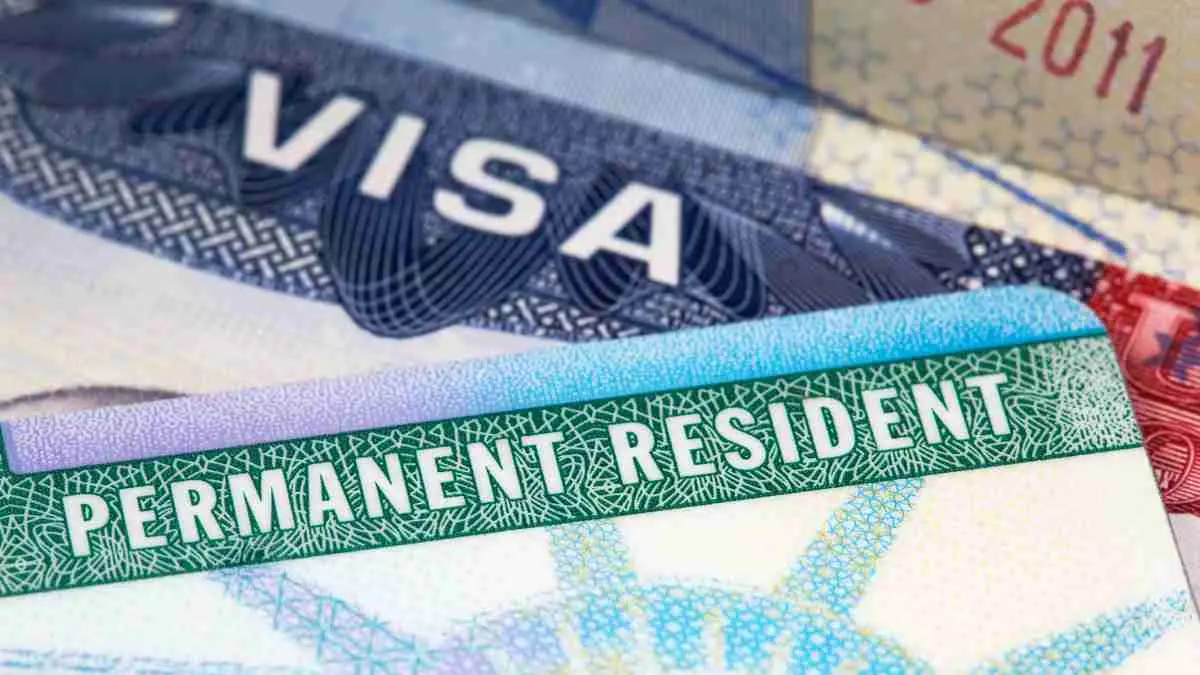Donald Trump, following his re-election, is focusing on reforming the access to the Green Card with a renewed emphasis on merit-based immigration. His strategy incorporates increased regulation and innovative proposals aimed at attracting qualified migrants.
Trump is advocating for an immigration system that prioritizes individuals with skills in high-demand economic sectors such as technology, engineering, and sciences.
What is the aim of these Green Card changes?
This approach is designed to bolster the U.S. economy by drawing in highly qualified migrants. It aligns with models used by countries like Canada and Australia, where residency is granted based on professional profiles and potential contributions to the labor market.
A central aspect of the proposal is an “aggressive verification” system. This evaluation process aims to ensure that only migrants meeting specific standards are granted residency.
It involves thorough background checks and assessments of any potential links to activities deemed risky by the government. Trump has emphasized that his administration will ensure applicants for permanent residency have a clean record and pose no threat to the country.
“We want immigrants who share our values and help build a stronger nation,” declared Trump in his victory speech. His aggressive vetting policy aims to exclude individuals with criminal records, ties to extremist organizations, and those who have shown attitudes contrary to American values.
Changes in Family Reunification and Green Card Processes
Trump’s policy also proposes significant changes to the family reunification process. Previously, a Green Card could be obtained through family members who were already U.S. citizens or residents.
However, Trump plans to reduce this immigration path, commonly referred to as “chain migration.” The new proposal seeks to limit the ability of citizens’ relatives to acquire residency unless they meet specific merit-based criteria and economic contribution requirements. This measure aligns with a vision of immigration that prioritizes economic benefits for the U.S.
Furthermore, the Diversity Visa Lottery system, which grants residency to individuals from countries with low immigration rates to the U.S., might be replaced with a points-based system that emphasizes skills and achievements. Trump argues that this shift would enable the U.S. to attract individuals who can directly contribute to the nation’s growth.
Implications for International Workers and Students
While the focus on merit would benefit highly qualified professionals, Trump also plans to adjust work permits for students and foreign workers. For students, particularly in STEM fields (science, technology, engineering, and mathematics), the Green Card could become available after completing their studies in the country.
However, Trump has made it clear that this would only apply to students who demonstrate exceptional skills and have successfully undergone the verification process.




